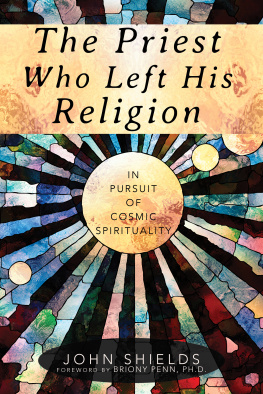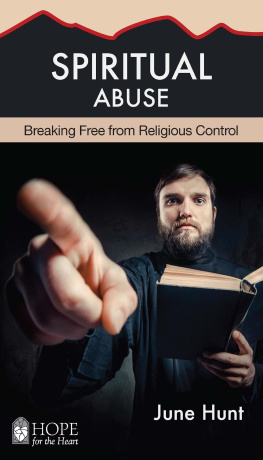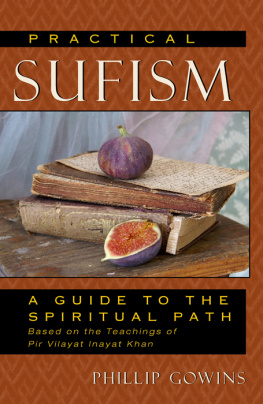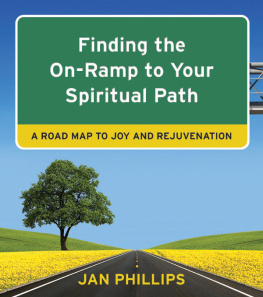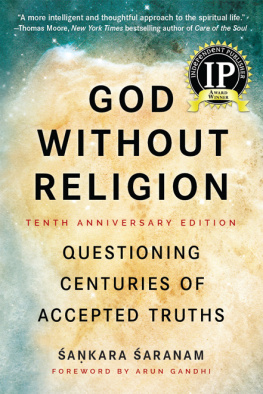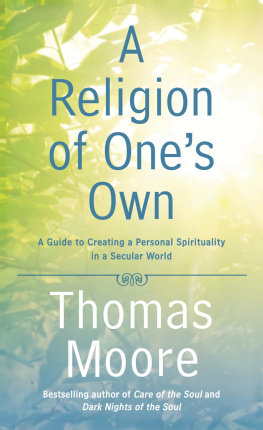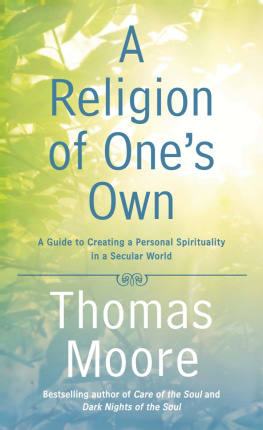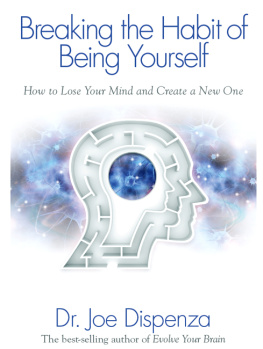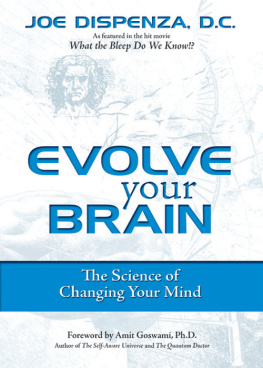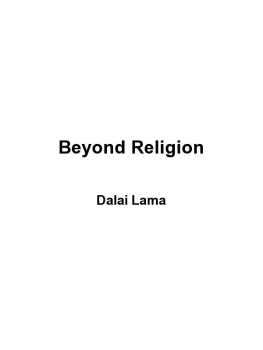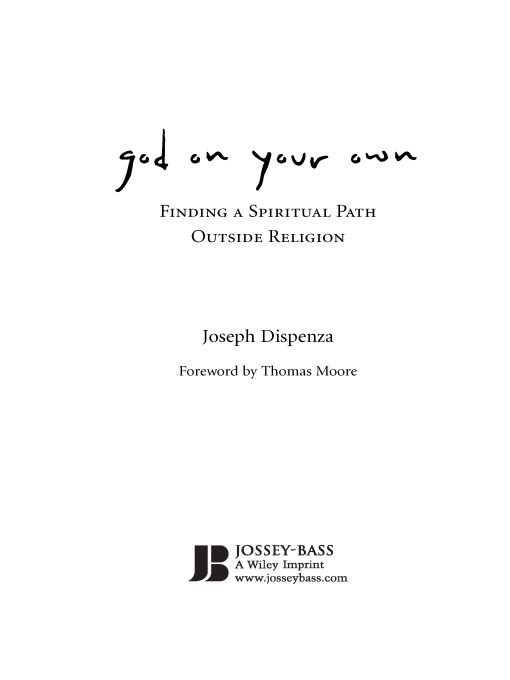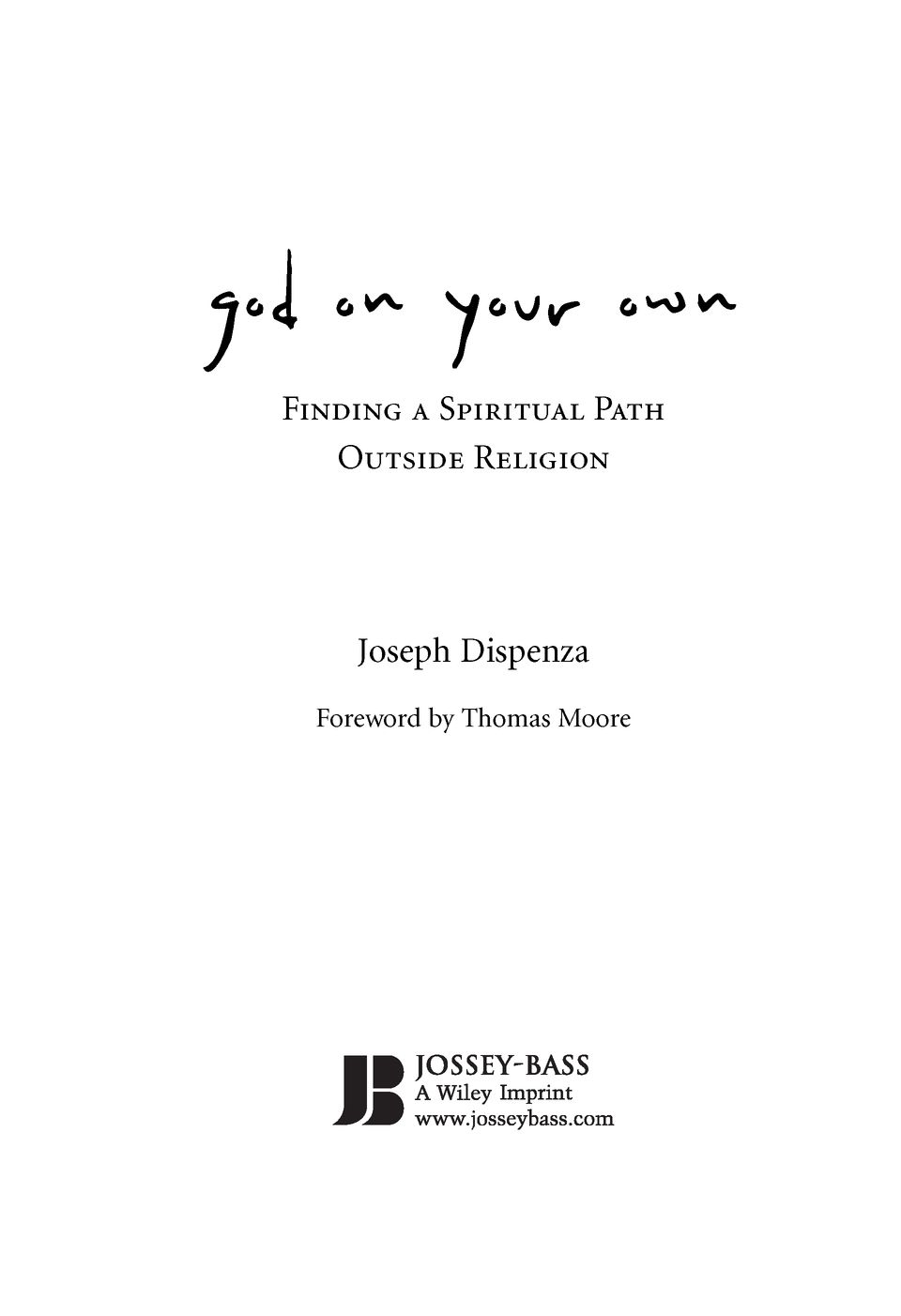Table of Contents
OTHER BOOKS BY JOSEPH DISPENZA
On Silence
The Way of the Traveler
The Magical Realism of Alyce Frank
Live Better Longer
The Serigraphs of Doug West
Will Shuster: A Santa Fe Legend
The House of Alarcon (novel)
Advertising the American Woman
Freeze Frame: A History of the American Film
Reruns: Cinema on Television
Forgotten Patriot
Teachers open the door.
You enter by yourself.
CHINESE PROVERB
This book is dedicated to all my teachers.
FOREWORD
RECENTLY, I WAS interviewed by a regional magazine. I mentioned that I sometimes use Tarot cards when making a big decision. I got a letter back from a man who quoted the Bible against divination and said I was dead wrong and leading young people astray. I responded by asking him to lighten up his theology. I suggested that the Bible warns against a certain kind of magic that is indeed wrongheaded, but that I use the Tarot to jump-start my intuition. Hoping to find a little middle ground, I was disappointed to get another letter from him, even more condemning.
I have the sense that this man represents millions of people, in various religions, who grew up deep in anxiety that manifests itself in harsh, punitive, and joyless judgment of others. This is not religion in any vital sense of the word, but a profound twisting of what could be a source of life-affirming spirituality into some deathly, inhumane caricature. People who persist in this kind of religion suffer their highly constricted lives and paradoxically stand in the way of the world enjoying the meaning and self-affirmation that deep religion offers.
Joseph Dispenza and I have much in common. We know monastic life firsthand, and we know Christian theology. When we were very young, something stirred to turn us toward an unknown spiritual focus; though the forms have shifted over the years, the path of seeking is intact. I admire many elements in his story, especially his willingness to pursue intuition in service of his unique spiritual destiny. He takes the spiritual life seriously and yet wears it lightly.
I know that this book can help many people who find themselves stuck between their old religious practices gone stale and the uncertain possibilities in front of them. Josephs principles are solid. I am especially pleased to see his emphasis on avoiding spiritual seeking as a way to bypass the emotional issues that keep us stuck. If we go forward in our spiritual search and fail to deal head-on with the major problematical raw material of our past, and with emotions and fantasies that block the life in us, then our spirituality doesnt have much chance to be vital and honest.
We are all neurotic, some more than others. This means we all have a pile of raw material to sift through and refine. If you had an abusive childhood, you have a big pile to deal with. If you have had a drinking problem, your pile is thick and rich. The more difficult the stuff of your past, the more promising your future spirituality. As this book demonstrates so beautifully, spiritual seeking is not a pleasant safari through a lush landscape but a lifelong trek through jungle and desert. There will be moments of clarity and delight, but the way is challenging. It demands that you take your life seriously and, in the words of my namesake, Thomas More of England, not pin it on someone elses shirtsleeve.
On the other hand, Joseph makes it clear that certain gifted people may well appear at crucial moments and help you make important turns and leaps. But you have to be alert and willing to be their student. The lone spiritual path is not for those who think themselves superior to religions and churches. In fact, it is a humbler way.
I admit I was a bit shocked to read some of Josephs words against religion. Especially in my doctoral studies in world religions, I developed a love of this word religion, and I still try to give it fresh life. To me, religion is a prerequisite for being alive as a human being. It is not just an outward and outmoded institutionalization of spirituality. It is a posture in life: reverence for lifes mysteries, practice of contemplation and deep consideration of those mysteries, and consequent profound ethical sensitivity. Joseph speaks quite properly when he says that spirituality requires a life of service.
But I do think this difference is largely a matter of wordsmy concern for keeping religion alive. Joseph even tells us how to keep traditional teachings and practices fresh and meaningful. Nothing could be more important in this age of secularism, which is to say soullessness. Unfortunately, religious institutions often collude in keeping modern life secular by failing to understand sufficiently the prophetic and penetrating nature of the religious point of view.
I too live a monks life, disguised as an ordinary citizen trying to get along. Contemplation, detachment, deepened sexuality, obedience to the spirit when it moves, community, reverence, and certain stillness can be part of an ordinary life. Spirituality is sensual, practical, and quotidian, if it is anything real at all.
Maybe Joseph and I can convince others to try the monastic life in the world and create an invisible monasticism. In the medieval world, monasticism was the source of learning, art, and moral sensibility. There is no reason a new, invisible monasticism cannot similarly revive culture and transform our current unconsciousness, materialism, and aggressiveness into intelligence, sensuousness, and mutual regard.
Thomas Moore
INTRODUCTION: TAKING BACK YOUR SOUL
We find God in our own being, which is the mirror of God.
THOMAS MERTON, SEEDS OF CONTEMPLATION
ONE NIGHT IN 1984, in a remote village in northern New Mexico, I stood barefoot before a path of hot coals about three feet wide and thirty feet long, trying to decide if I was going to walk on it, or walk away. I was told that at that moment the glowing red nuggets, half a foot deep, had reached the temperature automobile factories use to melt down scrap metal.
I hesitated there, my pant legs rolled up to my knees, my eyes fixed straight ahead at the fire-path, reminding myself to breathe. The hypnotic sounds of drumming filled my ears. I knew I did not have to do this, but on another level I absolutely knew I had to do it if I were going to break through to a new place inside myself.
I filled my lungs with the chill night air, let it out slowly, and made the first step onto the fire bed. Staring ahead, avoiding looking down at my feet, I took one step, then another, then another. The fiery coals felt like soft cinders under my feet. I made my way down the path with unhurried, deliberate steps, and at last reached the end. I stepped off the fire and onto the cool earth.
For a moment, I just stood there dazed and slightly numb. I had not been incinerated. The soles of my feet had not been scorched, had not turned to ash, had not even blistered. I had confronted one my greatest fears and moved through it. My body had survived fire.
Then, as if in slow motion, I lifted my eyes to a sky ablaze with starlight and sensed a rush through my body so powerful that for some time I seemed to be weightless and outside myself. In that thrilling moment I felt myself one with all of creationone with the earth I was standing on, with the sky, with the stars, with all people, animals, trees, mountains, rivers, the very air I was inhaling. I felt truly alive, grateful for my life and my connection to all other living things.


